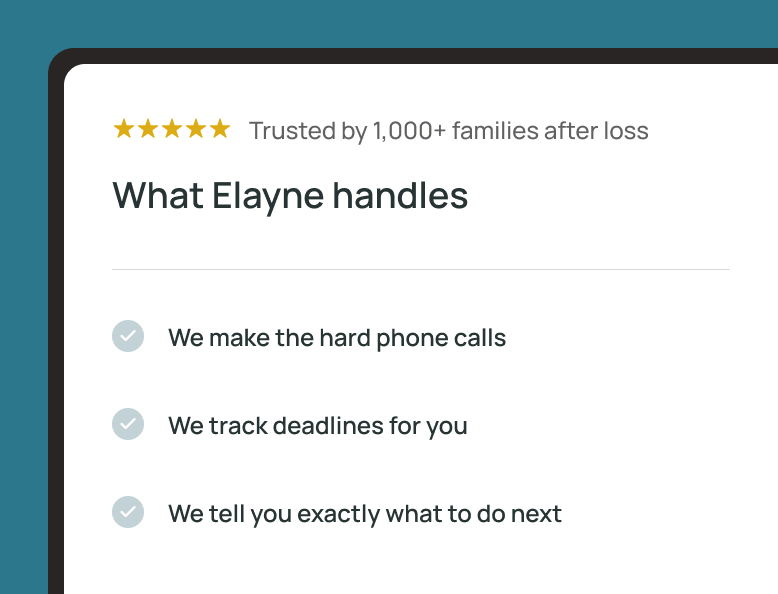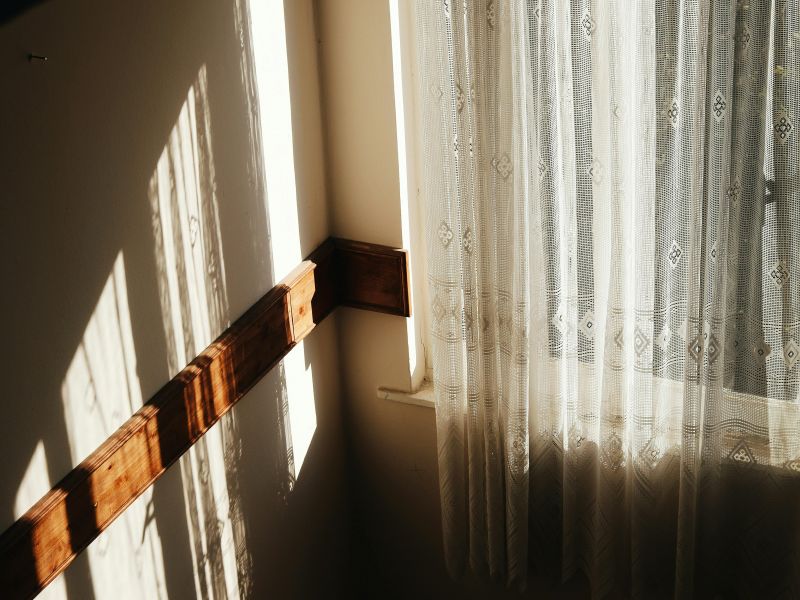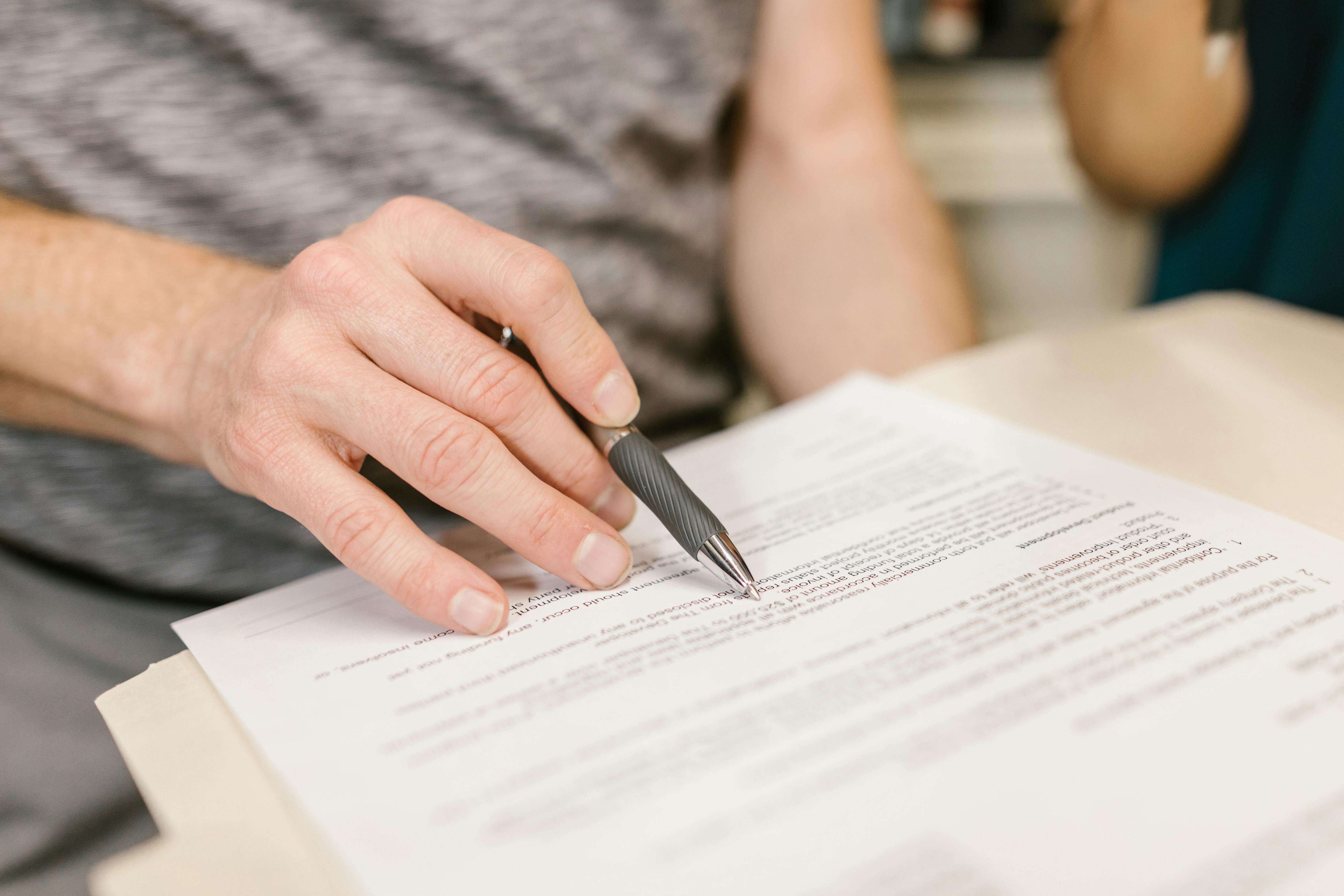Losing a loved one is always difficult, but when it happens at home, the experience can feel even more overwhelming. In those emotional first moments, many families aren’t sure what to do or who to call. What happens when someone dies at home? What steps do you need to take next?
The answer depends on whether the death was expected, such as through hospice care, or unexpected, such as a sudden medical emergency. Knowing the difference can guide your actions and help you navigate this difficult time with more clarity. This guide outlines what to do when someone dies at home, who to contact, and how to manage the emotional and logistical aspects of the situation.
If the Death Was Expected (Hospice or Terminal Illness)
When someone is terminally ill and receiving end-of-life care, their passing at home is typically expected. In these situations, the process is more structured and less chaotic.
If the individual was enrolled in hospice care, your first step is to call the hospice nurse. Hospice professionals are trained to manage the end-of-life process, including making an official pronouncement of death. They will walk you through what to do next and can often help with notifying the funeral home.
If your loved one was not in hospice but had a terminal illness, contact their primary care physician or specialist. That doctor may be able to provide the pronouncement of death or give guidance on who to call next.
Once the death is confirmed, you can begin making arrangements with a funeral home of your choice. Hospice nurses may even assist with the call or help coordinate the transfer of the body.
If the Death Was Unexpected
When a death occurs suddenly at home, whether from a heart attack, accident, or unknown cause, it can be especially shocking.
The first thing you must do is call 911 immediately. Emergency responders, including police and paramedics, will arrive to assess the situation. If there is any uncertainty about the cause of death, the coroner or medical examiner may be called to investigate.
Once the death is pronounced by a medical professional, authorities will clear the scene, and you'll be allowed to contact a funeral home to handle the body. Keep in mind that if there are suspicious circumstances, the body may be taken for autopsy before release.
While this can be a chaotic experience, try to remain calm. Law enforcement and EMS personnel are trained to handle these situations with professionalism and compassion.
First Legal and Practical Steps After Death at Home
Whether the death was expected or not, certain legal and practical tasks follow:
- Obtain a death certificate: This is required for settling estates, closing accounts, and handling other legal matters. The certificate is usually issued by the hospice nurse, attending physician, or coroner.
- Contact a funeral home: You’ll need to decide on cremation or burial, and begin making service arrangements. Many funeral homes offer 24/7 support for these situations.
- Secure the home: If the deceased lived alone, take steps to lock doors, gather important belongings, and collect any mail or deliveries.
- Gather key documents: Locate the deceased’s ID, will, insurance policies, financial documents, and any advance directives. These will be needed soon for estate and legal planning.
Emotional Impact of a Death at Home
Being present when a loved one dies at home can be a traumatic experience. You may feel a mix of grief, shock, confusion, or guilt—especially in unexpected situations. Give yourself permission to pause and process. There is no need to make every decision immediately. Take the time to cry, talk to someone, or simply sit with your emotions.
Reach out to friends, family members, clergy, or grief counselors. Many communities offer immediate bereavement support, and hospice programs often include follow-up care for families.
FAQs
Q: Do I call 911 if someone dies at home?
A: Yes, but only if the death was unexpected or there is no hospice involved. For expected deaths under hospice care, call the hospice nurse directly.
Q: What’s the difference between an expected death at home and an unexpected one?
A: An expected death occurs under medical supervision, often due to terminal illness or hospice care. An unexpected death is sudden and requires emergency response and possibly an investigation.
Q: Who to call when someone dies at home?
A: If they were under hospice care, call the hospice nurse. If not, and the death is sudden, call 911. After the pronouncement, you’ll call a funeral home to arrange transportation.
Q: When someone dies at home, who takes the body?
A: After the official pronouncement of death, a funeral home typically arranges for the body to be transported. In cases of an investigation, the coroner or medical examiner may take the body temporarily.
During such an often overwhelming time, knowing what happens when someone dies at home can ease confusion and allow you to focus on honoring your loved one’s memory with care and dignity. If you find yourself facing this situation, remember: you are not alone. There is help, guidance, and support available every step of the way.












































